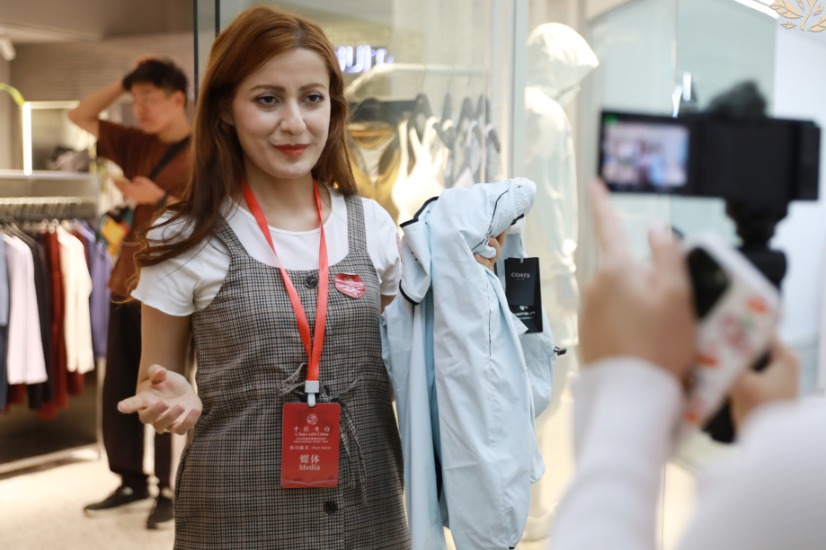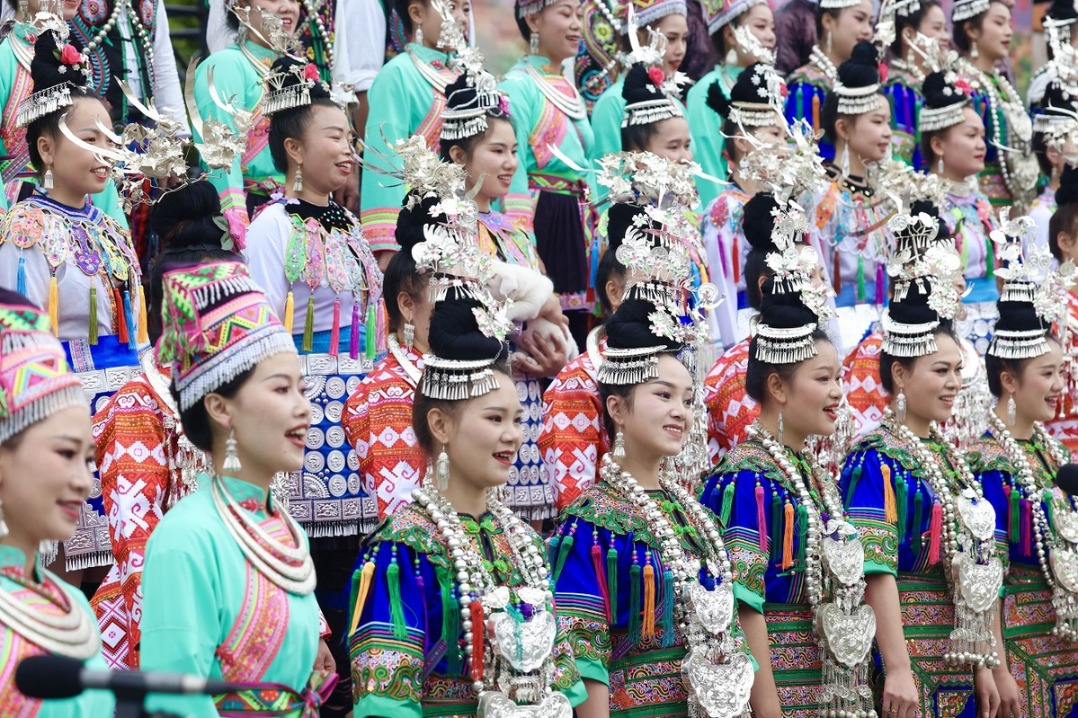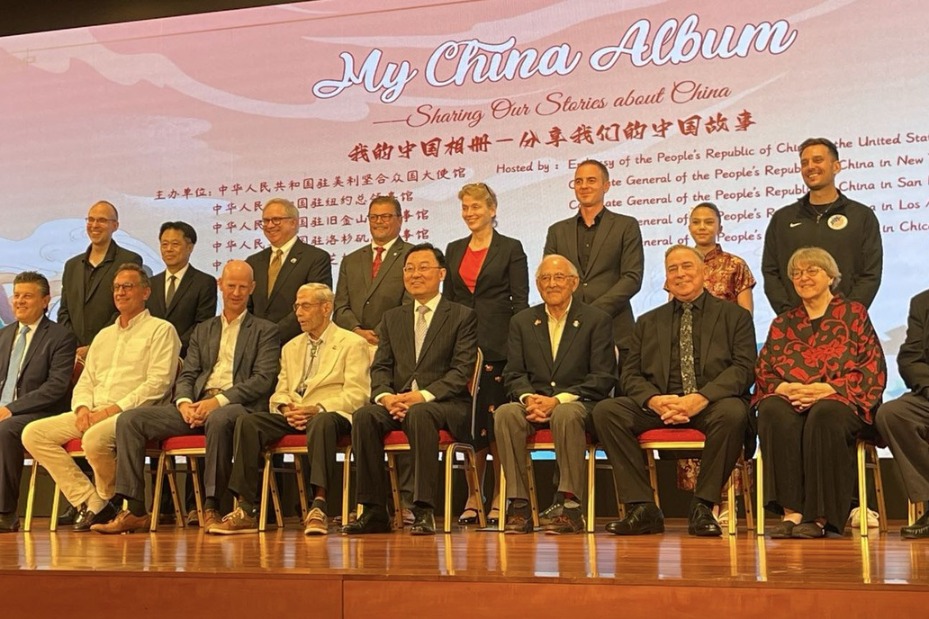Vaccines vital global need, not charitable giving: China Daily editorial
chinadaily.com.cn | Updated: 2021-06-24 19:44

As the global fight against the COVID-19 pandemic drags on, equitable and mass vaccination is the only emergency lever that countries can pull to put the brakes on the spread of the novel coronavirus and so save lives and get their economies back on their feet.
Yet the way vaccines are being distributed around the world is not only "unequal and very unfair", as United Nations Secretary-General Antonio Guterres has said, but also a failure to make the best use of them to stop the train wreck of the pandemic from piling up. The "vaccine divide" between rich and poor nations, instead of being narrowed along with increasing development and production by vaccine producing countries, remains deplorably large.
Of the 2.6 billion doses administered worldwide, only 0.3 percent have been in low-income countries. The World Health Organization estimates that on average, in high-income countries, one in four people have received a COVID-19 vaccine, while in low-income countries, the figure is one in more than 500. Reportedly, the United Kingdom has ordered 517 million doses, although it requires only around 160 million to vaccinate all adults and give them booster jabs in the autumn, as planned.
The uneven situation, caused mainly by the so-called vaccine nationalism with certain countries having stockpiled vaccine doses far above their needs, not only represents a catastrophic moral failure, but also risks undoing what the world has achieved so far in its bid to curb the spread of the coronavirus.
This is because the longer it takes for poor countries to acquire the vaccines they need to achieve herd immunity, the more likely it is that the virus will mutate rendering ineffective the vaccines now in use. A more transmissible variant named Delta is already causing a surge in infections in many countries.
Thus it is an imperative and urgent task that COVID-19 vaccines are made available to everyone, everywhere. To achieve that goal, "a COVID-19 vaccine must be seen as a global public good, a people's vaccine," as Guterres said.
China, as a responsible member of the global village, has already set a good example in this regard.
By promising to make Chinese-made vaccines a global public good, it has provided vaccine assistance to more than 80 developing countries and exported doses to another 40 nations. It is also encouraging cooperation for the localized production of Chinese vaccines in other countries, especially developing ones. For it knows that until poorer countries have access to enough vaccine supplies, the world will not be safe from the coronavirus.
Rich countries should follow suit and immediately start sharing their excess doses with poorer nations to help build a global firewall against the coronavirus. This is not charity, but for their own good.
























